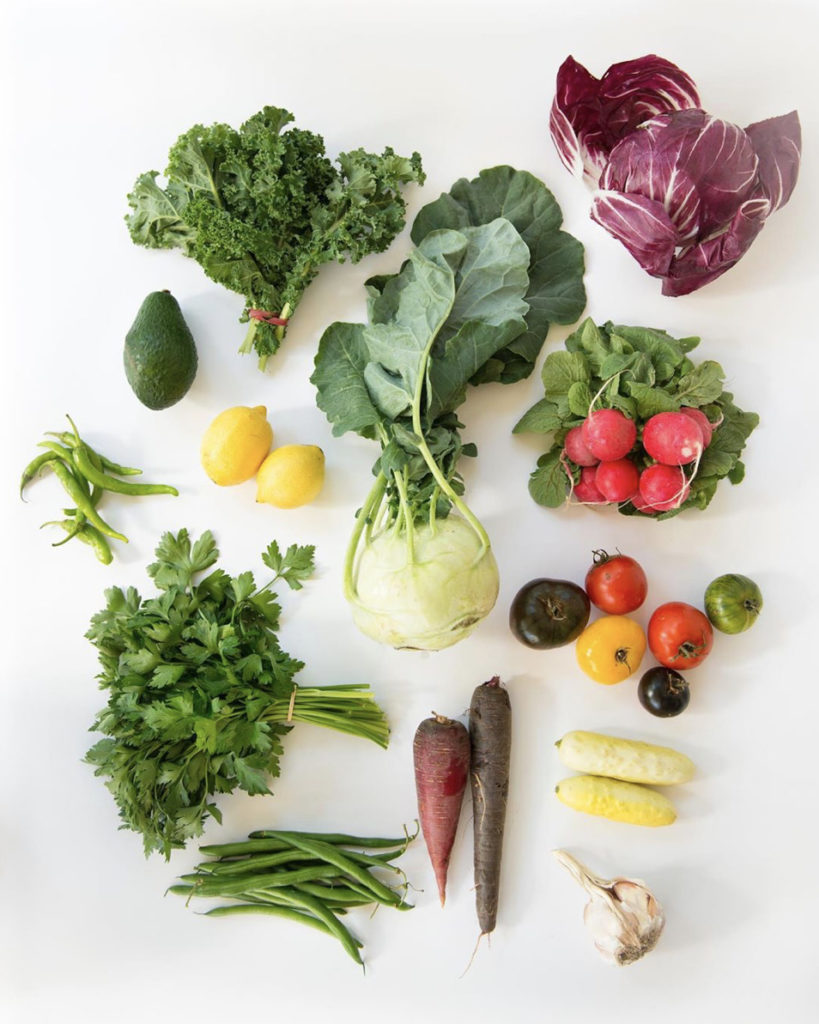With all that is going on, the world may feel like it’s been turned on its head. It’s easy to feel a sense of unease as we surrender to a different pace of life and reflect on what is to be our ‘new norm’.
Thankfully, one thing we can control is our gut health and the friendly microbes living in our gut collectively known as our ‘microbiome’.
Often referred to as our ‘second brain’, the gut (microbiome) plays an essential role in strengthening the body’s immune response to infection and in maintaining overall physical and mental health. Imbalances in gut health can lead to suboptimal breakdown and assimilation of food, malabsorption issues and nutrient deficiencies. Conditions such as diabetes, obesity, multiple sclerosis, Alzheimers, anxiety, depression, Hashimotos thyroiditis and even heart disease are largely influenced by the health of our beloved microbes.
So, what is the best way to strengthen our microbiome and encourage these little critters to thrive?
• Pre-biotic foods – non-digestible, plant fibers that feed and promote the growth of good bacteria. They also create all kinds of ‘happy molecules’ called short-chain fatty acids that feed a healthy gut lining.
Foods rich in pre-biotic fiber include: asparagus, leeks, onions, garlic, radishes, tomatoes, carrots and kiwifruit.
• Resistant starch – a form of natural prebiotic that resists digestion in the small intestine and instead moves into the large intestine to feed our healthy microbes.
Good RS sources include: boiled potatoes and brown rice (cooled), cannelloni and black beans (cooled), green unripe bananas and plantains (cooked).
• Probiotic (cultured/fermented) foods – fermentation breaks down sugars producing lactic acid which provides food for the good bugs. Fermented foods also introduce beneficial bacteria into the digestive system and improve digestion & absorption of nutrients.
Probiotic-rich foods include: yoghurt, kefir, coconut yoghurt, kimchi, sauerkraut, pickled vegetables, miso, tempeh, apple cider vinegar and a small amount of kombucha.
• Healthy fats – reduce gut inflammation and repair the mucosal cells of the digestive system.
Wholefood sources of healthy fats include: nuts, seeds, avocadoes, olive oil and oily fish.
• Eat a diverse range of plants and wholefoods – aim for 40 different plants each week. Avoid artificial colours/flavours/sweeteners and steer clear of highly refined, processed, sugary foods.
• Source spray free/organic food where possible – pesticides, herbicides and fungicides can significantly alter healthy bacteria populations and damage our precious gut lining.
• Gardening and exposure to soil based microbes – get your hands dirty!
• Decrease stress and factor in relaxation – stress can impair our friendly gut bacteria and weaken gastrointestinal barrier health. Self-care and quality down time allow the body to rest, heal, digest and absorb our food efficiently.
• Movement – gut bugs are at their happiest with regular activity. Exercise promotes diversity of gut flora and increases ‘good’ bacteria numbers in our gut.
• Sleep ¬– getting those Zzz has never been more important! Healthy gut microbiota produce certain molecules (serotonin) which are essential for a deep, restorative sleep and regulating sleep/wake cycles.
Feed, nourish and you will soon flourish!
